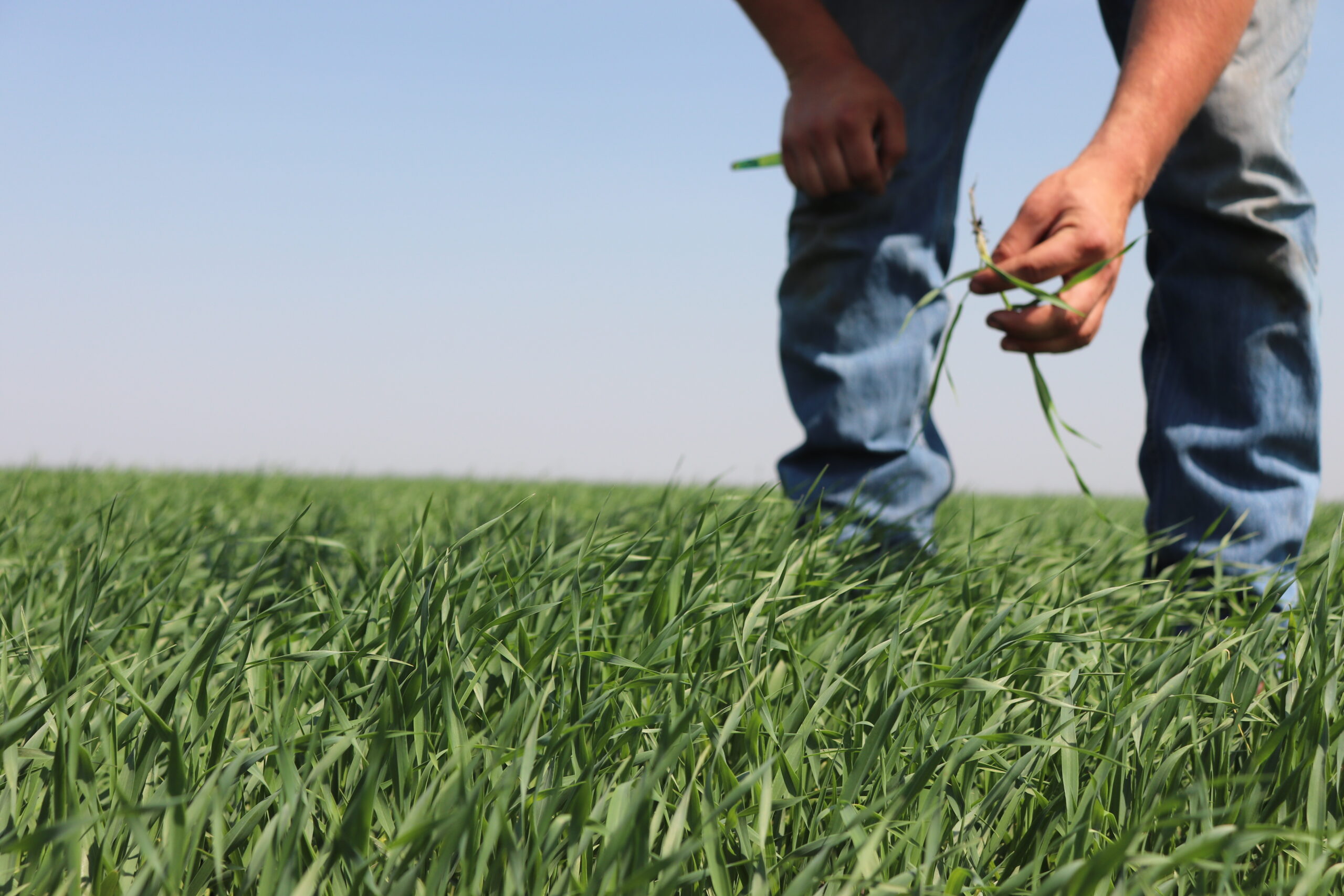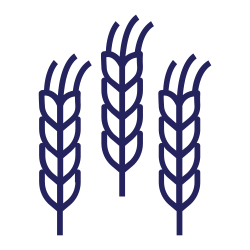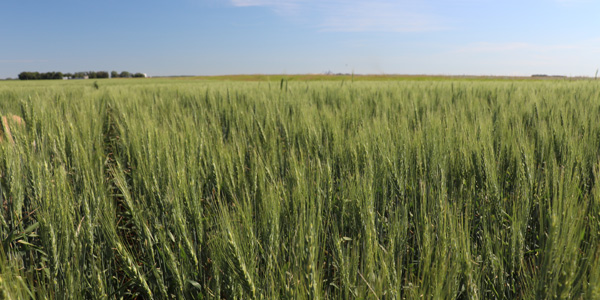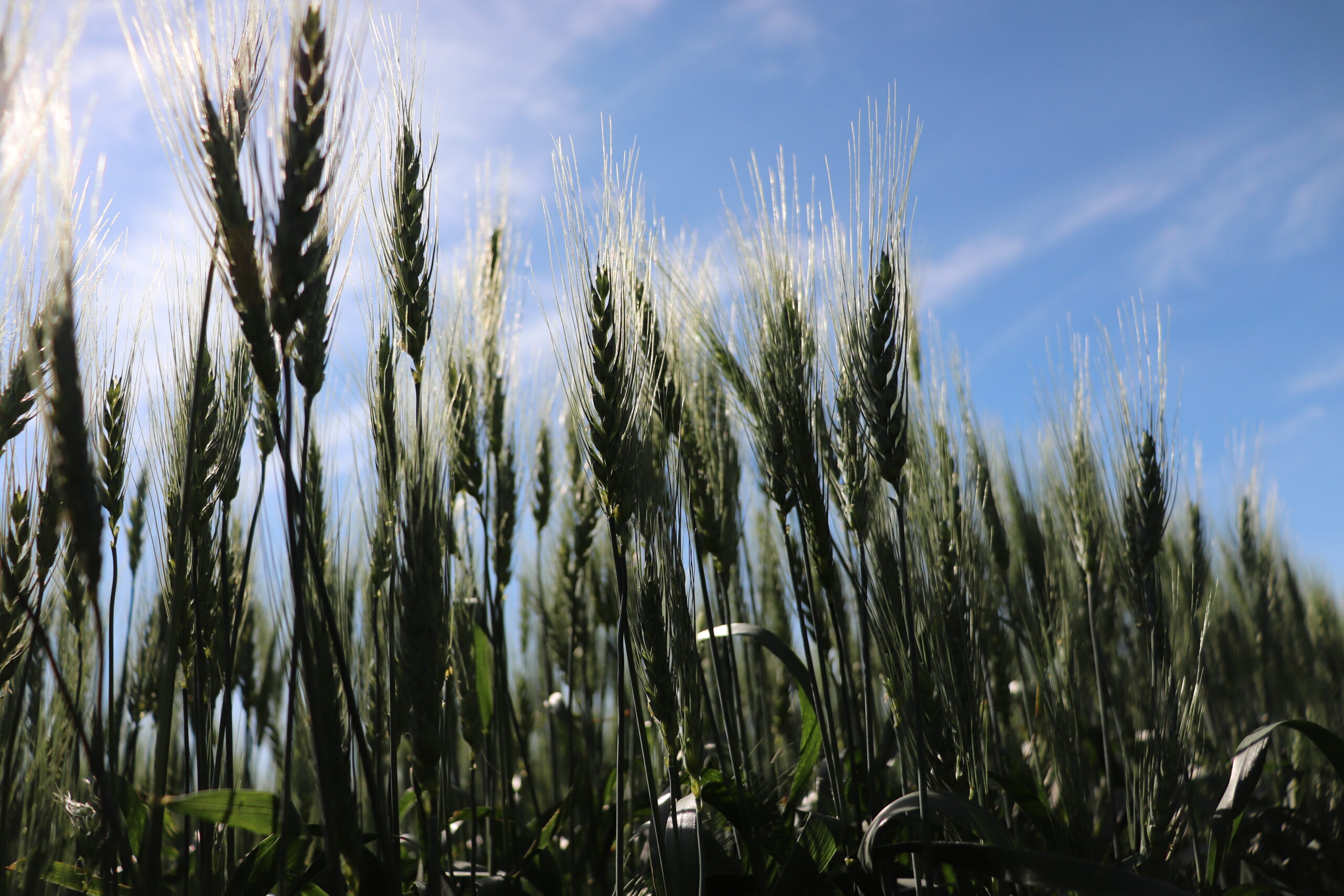Developing tools to detect late maturity a-amylase in Canadian wheat for creating germplasm resilient to environmental stress
Crop Types
- Wheat
Collaborating Locations
AAFC MordenLate maturity alpha-amylase (LMA) is a recessive genetic defect in wheat that is expressed only under certain environmental conditions. LMA results in the “synthesis of α-amylase (specifically the high pI isoform) during the later stages of grain development in the absence of pre-harvest sprouting, resulting in mature grain with high α-amylase and the low falling number”. This results in lower value for the grain, as the low falling number is an indicator of sprouting-related grain damage- LMA results in the appearance of sprouting-related grain damage where there may be none. LMA is very difficult to predict due to genotype x environment interaction as well as no physical sign of damage to the grain. LMA occurrence is increasing globally, likely due to climate change, this causes huge financial loss to farmers as well as wastage of several years of work by breeders when detected late in the process.
Objectives
- Developing an accurate and reliable predictive method to induce and measure late maturity alpha-amylase(LMA)
- Screen the CWRS, CPSR and CNHR germplasm for variability for LMA












